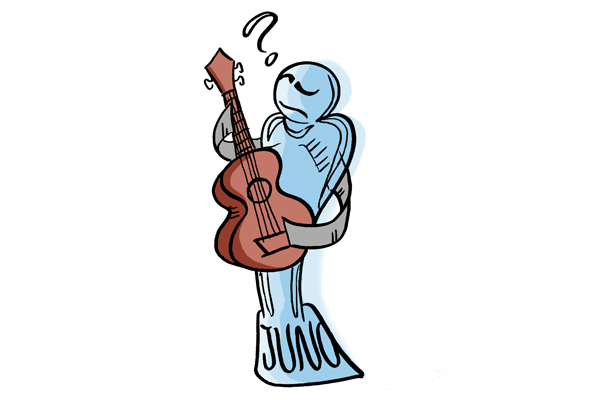Concerns of millennials aren’t reflected in political ideologies
We’ve heard it before. The millennial generation is apathetic and occasionally pathetic. We’re narcissistic and entitled. We can’t get good jobs, we’re living with our parents, and thanks to high housing prices and the rising cost of education, we’re delaying entry into adulthood. We’re politically disconnected, disenchanted, or maybe even disgusted.
But such generalizations aren’t giving our generation enough credit.
An editorial from the Economist entitled “Generation Boris” has stuck with me. The article characterized millennials as the most liberal generation yet, particularly in relation to social and cultural issues, and suggested that unlike preceding generations, we might not grow out of our liberal attitudes.
This isn’t surprising. In Canada, the millennial generation has grown up under the Charter of Rights and Freedoms. It makes sense that the personal freedoms enshrined in the Charter are reflected in our attitudes and values.
In addition to sharing a strong belief in personal freedoms, the millennial generation is also possibly the most diverse generation in history. We grew up in an increasingly global and connected age, thanks partly to technology, and partly to global political and economic trends.
We went to school with refugees from armed conflicts around the world, including Somalia, Iraq, and the former Yugoslavia. Many of us remember Roméo Dallaire and the devastating conflict in Rwanda, as well as the Quebec referendum. We watched 9-11 unfold in real time. We’ve seen first-hand the harm of ideology and the possibility of inclusivity, so perhaps this is why the millennial generation is also considered the most tolerant generation.
While Strauss and Howe, the authors who coined the term “millennial,” believed we would be a civic-minded generation, acting on these liberal beliefs and attitudes to transform our culture or reform our institutions, voter turnout among the millennial generation is undoubtedly poor.
It seems strange that a generation that values personal liberties and tolerance so highly can be so disconnected from the government, which has the power to enact policies congruent with those values.
This is the first article in a series that will examine key millennial issues, including social justice, the environment, and peace from a millennial perspective. It will explore possible explanations for why millennials are or seem to be disengaged from the government, and whether the problem is our generation, or if it is generational.
One of the key themes we will return to is that millennial politics tend to be based on issues rather than political ideologies, whether they are liberal, conservative, or socialist. While it is possible that millennials are disconnected politically, it is also possible that there is a disconnect between federal policies and legislation and the concerns of the millennial generation. Each article will provide examples of how millennials are active and political about issues that concern us, but don’t seem to be a priority for our government.
Check back for next week’s article on social justice, and join the discussion online.






